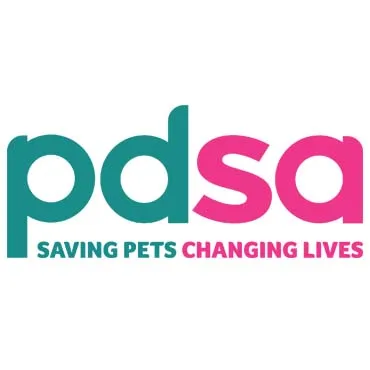If you’ve noticed your dog obsessively licking or chewing their paws, it’s natural to be concerned. This behavior can stem from a variety of issues, ranging from simple irritations to more complex underlying problems. The first and most crucial step is to consult your veterinarian. They can help you systematically rule out potential causes and guide you toward the most effective solutions.
Allergies and Parasites: Common Culprits
Skin allergies are a frequent reason for dogs to lick and chew their paws. These reactions can occur even if the paws haven’t directly contacted the allergen. However, sometimes direct contact is the trigger. If your dog is excessively nibbling at their paws, it’s a good idea to rinse them with cool, plain water after each walk to remove potential irritants. Your vet can provide expert advice and treatment for allergies. You can read more about skin problems on our Hub.
Parasites, such as harvest mites, can be particularly troublesome in late summer and autumn. These tiny red dots on the skin are incredibly irritating for dogs. Other types of mites, like Sarcoptes (mange) or Demodex, can also cause significant itching. We’ve got some more information on mange on our Hub.
Fleas are another very common cause of itching in dogs. While they don’t typically reside on the feet, if a dog cannot directly scratch a flea bite elsewhere, they might turn to licking their paws as a distraction.
Addressing Soreness, Boredom, and Anxiety
Once your vet has ruled out itchy feet as the cause, they may explore other reasons for paw licking. Dogs might lick or chew their paws or joints if they are feeling stiff or sore, much like a person might rub an achy spot.
Boredom and stress can also lead to frustration, causing dogs to lick and bite their paws. This can unfortunately develop into a habit. Observe your dog closely to identify any specific triggers for this behavior. If they begin licking their paws at home without an apparent external cause, and it’s focused on one or two feet, it could be a sign of insufficient mental stimulation.
To combat boredom, consider creating an interactive toy, such as a destruction box. Puzzle feeders are also excellent tools for keeping your dog’s mind engaged. Additionally, increasing the frequency of walks or dedicating more time to playtime in the garden can make a significant difference. Read our free exercise guide to get a rough idea of how much your dog might need.
Some dogs may chew or lick their feet as a self-soothing mechanism due to anxiety. In some instances, this behavior might have started as a response to an itch, but the comforting sensation led to its continuation even after the itch subsided. Breaking this habit can be challenging, so seeking advice from your vet or a qualified dog behaviorist is highly recommended. They can assess your individual situation and determine the best course of action. Look for a behaviorist accredited by the Association of Pet Behaviour Counsellors (APBC) or the Animal Behaviour and Training Council (ABTC), and don’t hesitate to ask your vet for a referral.
The good news is that early intervention significantly increases the chances of resolving your dog’s paw-licking habit, regardless of the cause. Your vet can treat parasites, offer guidance on managing allergies, and prescribe appropriate medications. For behavioral issues, your vet can discuss potential medication to ensure your dog’s comfort, strategies for behavior modification, and enrichment through adequate exercise and playtime to prevent boredom.
 PDSA Vets photo##### About PDSA Vets
PDSA Vets photo##### About PDSA Vets
We’ve put together advice from our veterinary team across PDSA.
Share this article on: PDSA Vets | 26 August 2020 #VetQ&As #Dogs
